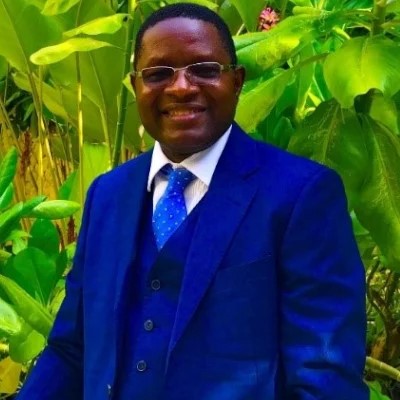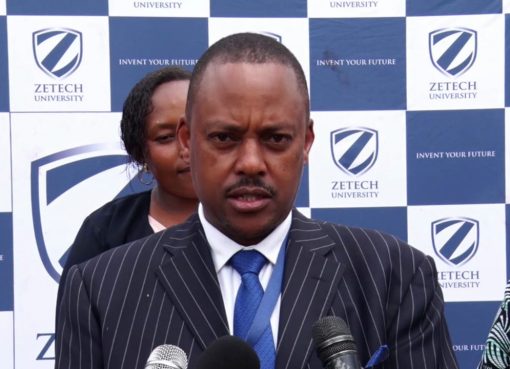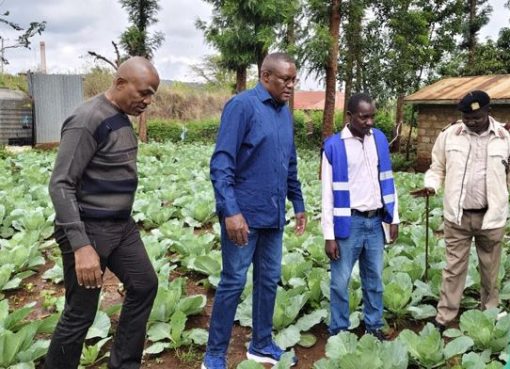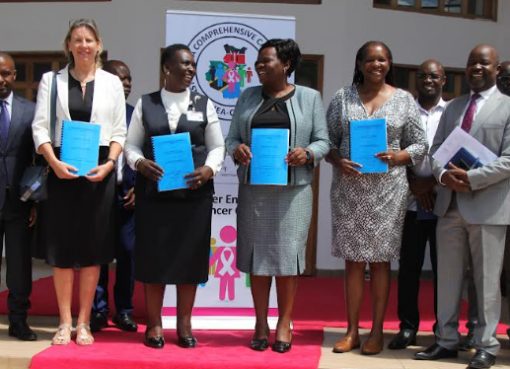The Annual Meetings of the African Development Bank (AfDB) Group will be held from May 26 to 30, 2025, in Abidjan, Côte d’Ivoire, under the theme ‘Making Africa’s Capital Work Better for Africa’s Development’.
This strategic theme aims to identify and harness the opportunities offered by African capital – human, natural, financial and commercial – as the main driver of the continent’s structural transformation and also review, with shareholders, the progress made over the past year.
More than 3,000 participants are expected to attend, including several heads of state, finance ministers from the institution’s 81 member countries, heads of financial and development institutions, think tanks, NGOs, private sector stakeholders, academia and opinion leaders.
In a press conference held virtually ahead of the meeting, Prof. Kevin Urama, Vice President for the Bank’s Economic Governance and Knowledge Management complex, said the upcoming meeting will address matters on how Africa can harness its fiscal, human and natural resource capital for her development.
“Africa is rich in all these forms of capital but the question is how we make the best use of these resources as Africans, plugging linkages of resources mobilised in order to channel them to the development of the continent,” he added.
Prof. Urama, who is also the Chief Economist, said that during the meeting, the African Economic Outlook’ report will be launched, terming it as very aligned to the theme of this year, especially looking at the current global economic dynamics.
“Leveraging Africa capital for development amidst economic challenge is key, we need to strengthen what we have and what needs to be done to ensure domestic institutions are fit for purpose,” he said.
Africa, he added, has financing gaps in human resource development, brain drain and also at institutional levels that have built overtime, and therefore there is a need to strengthen existing institutions, mobilise the political will to build relevant institutions and allow them to perform their functions effectively.
On the current impact of USAID on African economies and vulnerabilities Prof. Urama said that Africa has the resources it needs to drive its own development
“Development is a do-it-yourself affair; it’s a business that works effectively if citizens, leadership and people of the country and continent determine to develop themselves and use their own capital to leverage support from partners and not the other way round,” he emphasized.
On matters debt, he said that there is a strong paradigm shift on how countries normally borrow when they have fiscal deficit.
“If you can find the resources at home, then it reduces the need; if the continent improves more in domestic revenue, tax and tax revenues, investing in fiscal resources, foreign wealth and pension funds, it will boost productivity and will reduce the need for borrowing outside,” Prof. Urama noted.
Africa, he explained, loses almost USD 90 billion on financial flows more than we get from foreign direct investments and Aid, it also losses USD 248 billion on corruption and if Africa addresses issues such as corruption, political and capital risk we would be saving USD 74.5 billion every year, and that if one adds all these resources mobilized, we would all be saving USD 1.6 billion daily that should be going to the development of the continent
Prof. Urama challenged journalists to change the narrative on African development by being positive, saying that Africa has a lot of resources that it can use in order to do everything it needs to do to develop the continent. “Let’s focus on the capital and not bemoan the declining Aid, let us fill the financing gaps created from elsewhere, be it from Aid and develop our own shop”.
Vincent Nmehielle, Secretary-General of the African Development Bank Group, said that on matters of tariffs, Africa should work for Africa and that leaders have to look inward at using their own capital to work for Africa.
This year will be marked by the election of a new president of the Bank Group following the end of the current president, Dr Akinwumi Adesina’s, second five-year term.
Nmehielle said that Senegal, Chad, Mauritania, Zambia and South Africa are countries that have fronted candidates for elections to replace the outgoing president and that whoever wins will remain president elect and be sworn in on the first of September this year
This year’s event will also mark the 60th Annual Meeting of the Board of Governors of the African Development Bank and the 51st Annual Meeting of the Board of Governors of the ADF.
Discussions will address key cross-cutting issues such as digital transformation, institutional strengthening and good governance; a holistic approach that is in line with the Sustainable Development Goals, the Paris Climate Agreement, Agenda 2063 of the African Union and the Bank’s High-5s.
By Wangari Ndirangu





